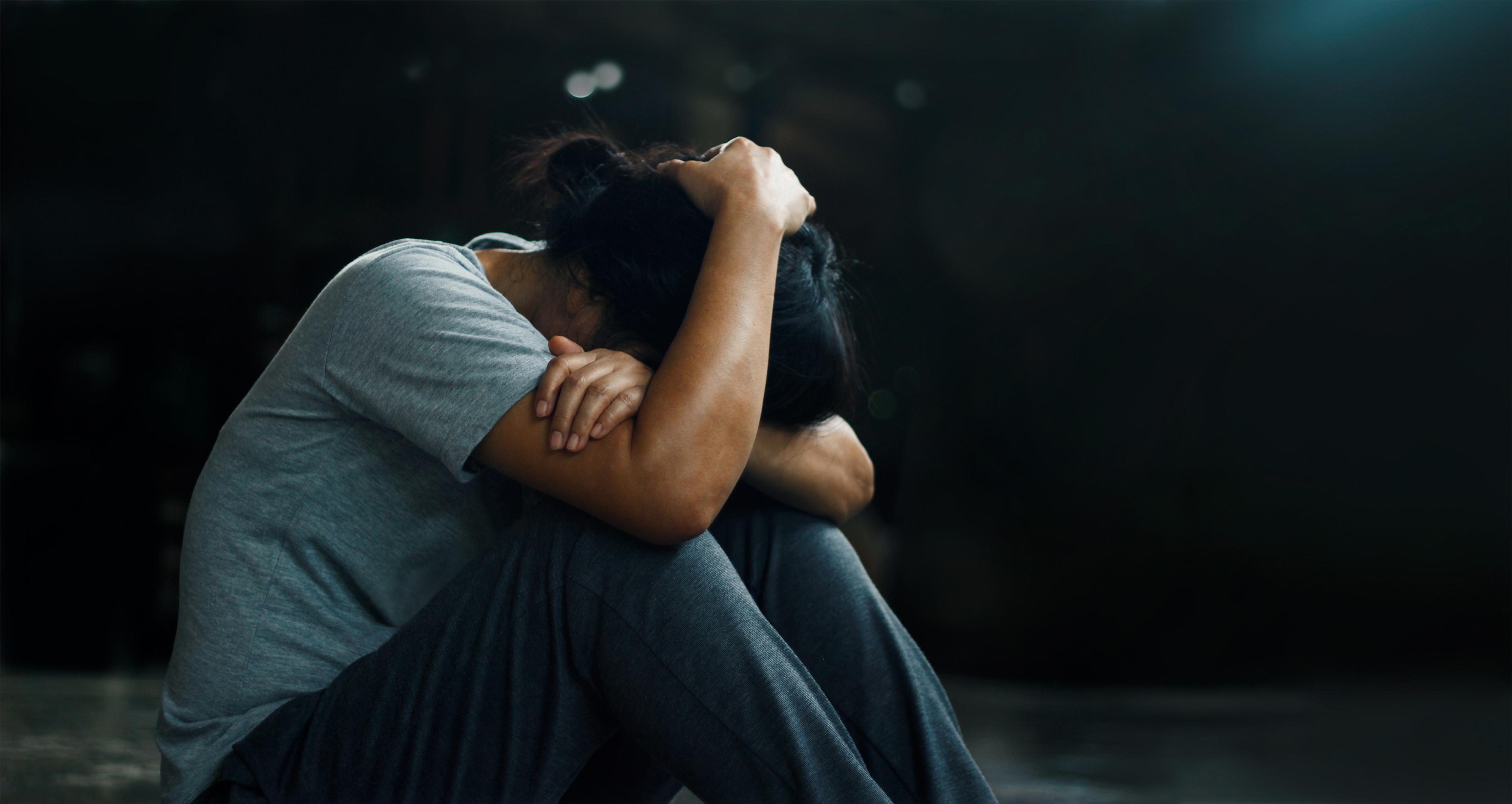Hidden Symptoms of Trauma

Lindsay Knake
| 3 min read
Lindsay Knake is a brand journalist for Blue Cross Blue Shield of Michigan.

Trauma may cause individuals to experience flashbacks and hypervigilance, but other symptoms are less obvious.
Post-traumatic stress disorder (PTSD) develops in a small percentage of people who experienced a dangerous or scary event. Most people who experience the events will recover without long-term effects, even if the memory of the event remains uncomfortable. But for about six of every 100 people, the experience will lead to PTSD, according to the National Center for PTSD.
Research shows PTSD rewires the brain, leading it to interpret unthreatening events as threatening and causing decision making to be more difficult. You are unable to process the experiences to integrate them into your memory. Living in a long-term state of fight, flight, or freeze takes a toll. Common symptoms, according to the Mayo Clinic, include:
- Flashbacks
- Hypervigilance
- Feeling isolated from family and friends
- Trouble sleeping
- Trouble concentrating
- Difficulty regulating emotions
Here are some of the hidden symptoms of trauma:
Loss of trust
Untreated trauma makes the world feel like a more dangerous and unpredictable place. The amygdala is the part of our brain that scans the world for threats. After a traumatic experience, the amygdala can become overactive and detect threats everywhere. It can become difficult to know what is a real threat and what isn’t, according to Harvard University.
Powerlessness
Trauma can erode your sense of agency and create a feeling of powerlessness, according to a study. The overwhelming nature of hypervigilance and feelings of danger in the world can make it difficult to function.
Physical symptoms
A study found people with PTSD reported higher levels of pain than those without the disorder. The impact of PTSD on your body includes headaches, muscle tension, joint pain, increased blood pressure, and fatigue, according to the American Psychiatric Association.
Gastrointestinal issues
PTSD is associated with a higher likelihood of digestive problems, such as irritable bowel syndrome (IBS), according to a study. Although the connection is not entirely understood, but increased stress can slow the digestive process and increase sensitivity.
Signs of trauma in children
Children with PTSD can have trouble sleeping, nightmares, and angry outbursts, according to the American Psychiatric Association.
Blue Cross Blue Shield of Michigan and Blue Care Network can help members find an in-network mental health professional by calling behavioral health access lines listed below:
PPO: Behavioral Health Access Line | 1-800-762-2382
A free and confidential resource that’s just a call away when you need immediate support. Behavioral health professionals answer, 24/7.
HMO: Behavioral Health Access Line | 1-800-482-5982
Connect with a behavioral health clinician if you need help finding a mental health or substance use provider.
Behavioral health clinicians are available for routine assistance from 8 a.m. to 5 p.m., Monday through Friday. For urgent concerns after hours, clinicians are also available 24 hours a day, seven days a week.
Learn more about mental health and options you have as a member to seek help at bcbsm.com/mentalhealth.
Image: Getty Images
Related:





